
At some point in the last decade, a shift happened in the pulpit. Sermons stopped being just sermons and started feeling like content. Pastors started curating their outfits for the 'gram, crafting one-liners that play well on TikTok and clipping their messages into digestible bites for Instagram Reels. Some of them got really good at it-so good that their viral moments became more recognizable than their actual ministries. And suddenly, we had a new kind of pastor: the influencer-pastor.
You know the type. They've got the sneaker collection that could fund a seminary scholarship, the charismatic stage presence of a TED Talk speaker and an uncanny ability to deliver punchy, algorithm-friendly sermons that cut off just before things get too challenging. Their Sunday morning service feels more like a branded experience than a sacred gathering. And whether they'd admit it or not, the brand they're pushing isn't just Jesus-it's themselves.
Now, let's be clear: There's nothing inherently wrong with a pastor using social media. Technology has always shaped how the Gospel is spread from the printing press to radio to livestreams. Paul probably would've had a solid newsletter game. Jesus preached to thousands on a hillside-arguably the first megachurch. The problem isn't that pastors are online-it's that for some, the pursuit of influence has started to eclipse the actual job of shepherding a congregation.
Because when the goal is virality, certain things get lost.
Good preaching has always been memorable. Jesus used parables to make deep truths stick. But there's a difference between crafting a message that lingers and crafting one that's engineered for engagement. When pastors start prioritizing the clip over the content, sermons shift. The focus isn't on leading a congregation through the full arc of Scripture-it's on making sure there's a one-liner that will get shared on TikTok.
And let's be honest, not all of those one-liners are great theology.
It's one thing when a pastor's message is reduced to a 30-second clip by someone else. It's another thing when the pastor themselves is structuring sermons to go viral. Instead of teaching the Bible in its complexity-wrestling with the hard parts, the uncomfortable parts, the parts that don't fit neatly into a tweet-some pastors lean into what's catchy, easy and affirming. And suddenly, instead of guiding people toward deeper faith, the message is just... inspirational content.
Of course, a short clip can be impactful. But Christianity isn't a motivational speech and pastoring isn't personal branding.
It's not just the sermons that change when pastors start chasing influence-it's their role in the church.
Once a pastor starts thinking like an influencer, the church starts looking less like a community and more like a fanbase. Leadership becomes less about equipping people for ministry and more about maintaining a public persona. And while that can be subtle at first, over time it creates a culture where the pastor isn't just the leader-they're the main attraction.
And that's a dangerous place to be.
We've seen how this plays out. A church grows because the pastor is charismatic, trendy and engaging. The sermons are well-produced, the social media is tight and the pastor's personal platform is rising alongside the church's attendance numbers. But then, something happens. Maybe a scandal breaks. Maybe the pressure to perform becomes too much. Maybe the pastor falls into the classic temptations of power, money or ego.
And because the church was built around them, everything starts to unravel.
This is why Christian leaders have to be incredibly careful about the platforms they build. Influence is not inherently bad but it's also not inherently good. It's a tool. And when it's wielded poorly-when the focus shifts from Jesus to the personality at the center-it almost always ends badly.
The influencer-pastor trend isn't just about individual leaders-it's shaped the way church is done.
Megachurch culture already leans toward spectacle. The lighting is dramatic, the worship team could go on tour and the pastor's entrance feels like a headliner taking the stage. And while there's nothing wrong with creativity or excellence in worship, there's a fine line between making church engaging and making it feel like a performance.
When a pastor starts thinking like an influencer, church starts functioning like a content studio. Sermons are clipped before they're even fully preached. Services are structured with production value in mind. Moments that should be spontaneous feel a little too polished. And at some point, the focus shifts-people start coming for the experience, not necessarily the encounter with God.
And this is where the problem lies. Christianity isn't a brand. The church isn't a content house. And pastors are not meant to be celebrities.
If influence isn't the goal, then what is?
At its core, pastoring is about shepherding a community. It's about walking with people through their faith-not just preaching at them from a stage but knowing them, guiding them and caring for them. It's about being present even when the cameras aren't rolling.
It's visiting the hospital when someone's sick. It's counseling couples in crisis. It's sitting with people in grief. It's teaching people how to pray, how to read Scripture, how to love their neighbors well.
None of that is particularly viral. But it's what the job actually is.
Yes, social media is a tool. Yes, digital platforms can be used for good. But at the end of the day, pastors are not content creators. They are not spiritual influencers. They are not the main event.
Jesus is.
And if that ever stops being clear-if a pastor becomes more recognizable than the message they're preaching-it's time to recalibrate.
So to pastors reading this on their lunch break, you don't have to be an influencer to be effective. You don't have to go viral to be faithful. You don't have to build a brand to be a good leader.
The world doesn't need more influencer-pastors. It needs more pastors who are committed to the long, often-unseen work of discipleship.
Because when the ring lights dim and the algorithm shifts, only one thing remains. And it's not your follower count. It's Jesus.
And He's the only one who should ever be at the center.

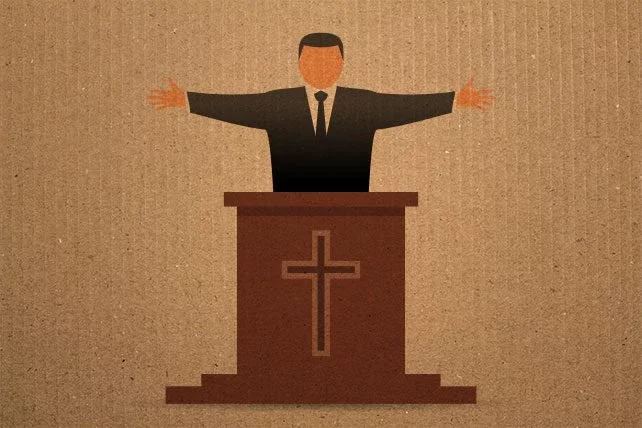
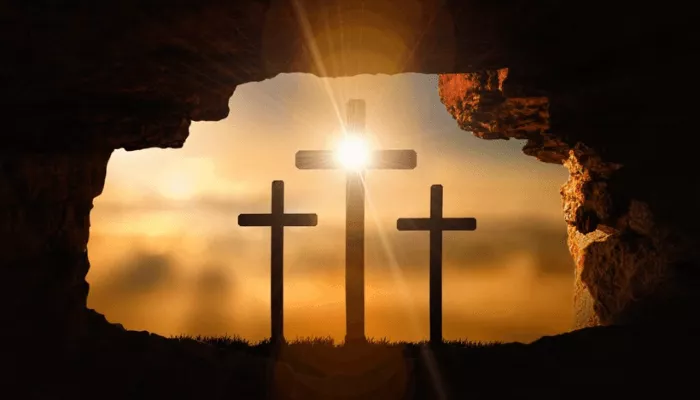
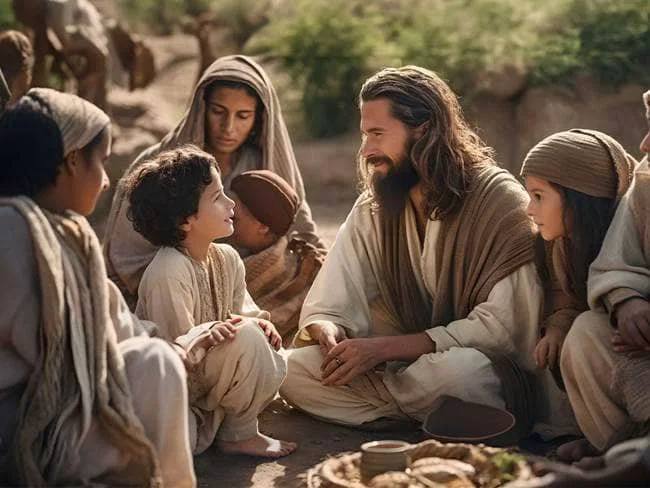
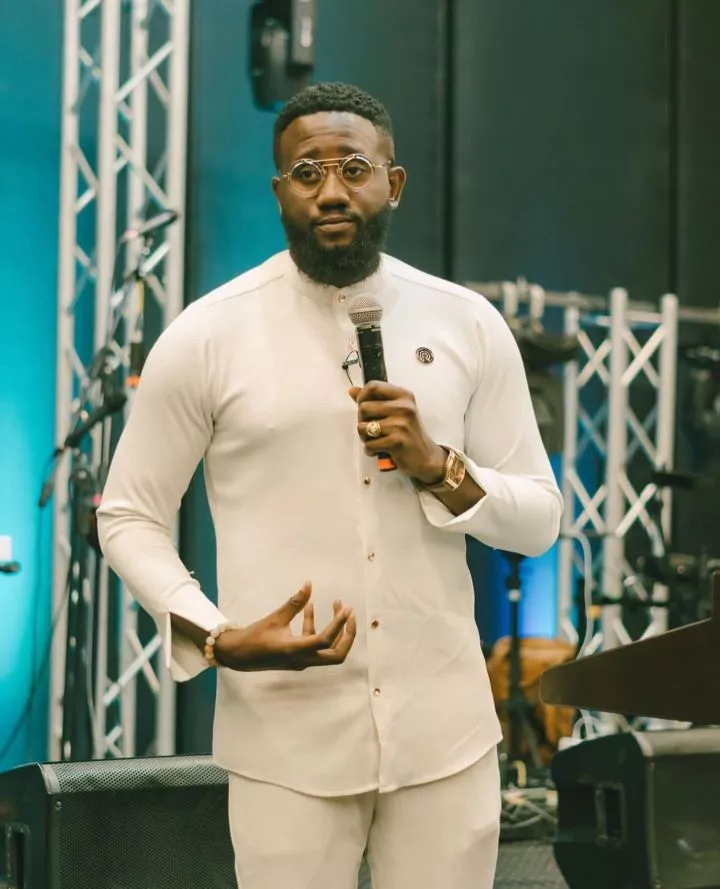


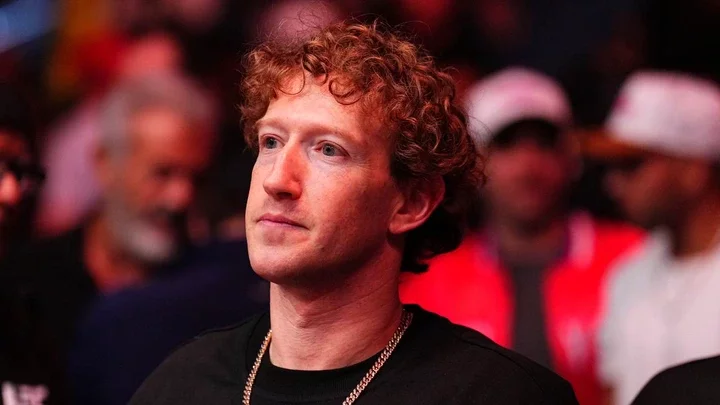







Comments